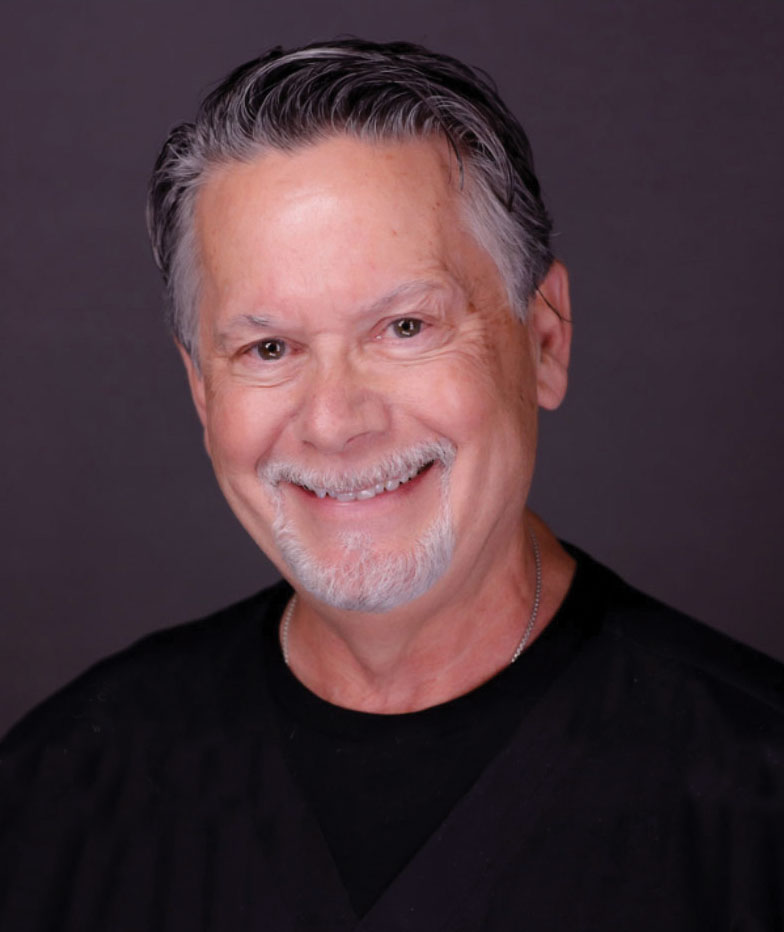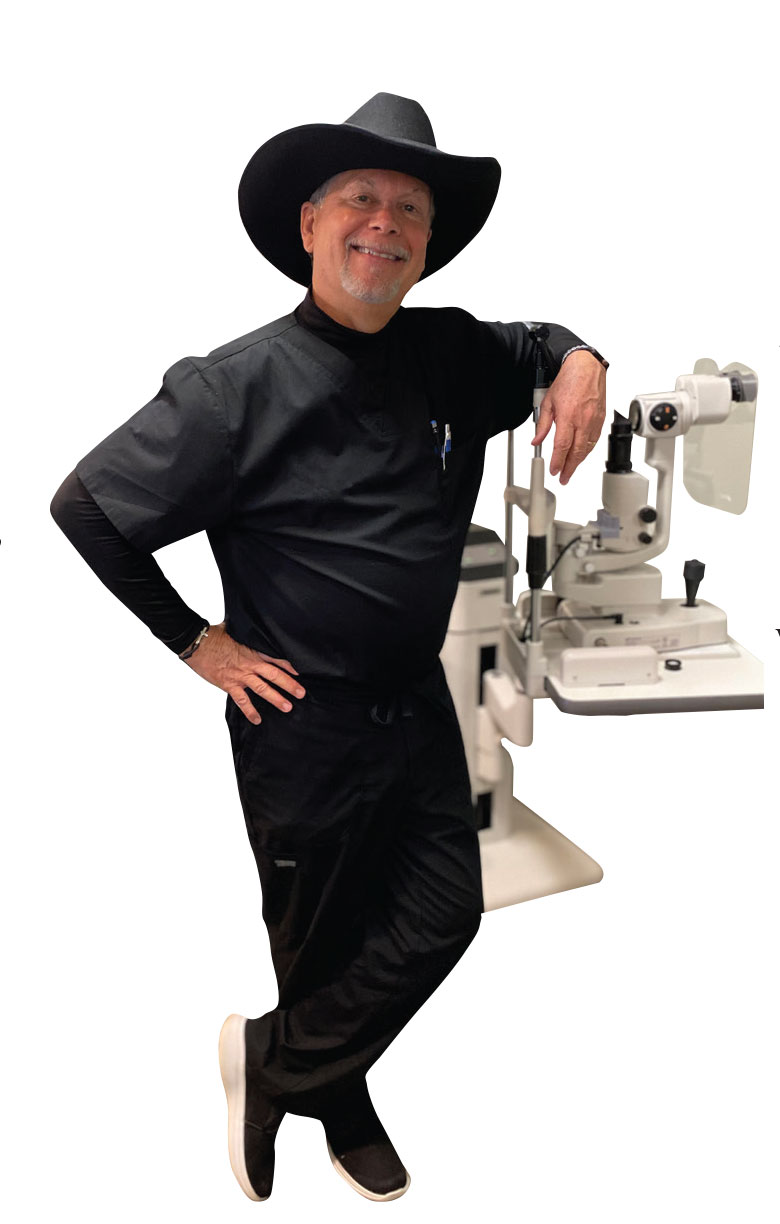 |
This is about the time of year when suddenly I morph into every new optometry graduate’s weird Uncle Monty. If you are a recent grad, all doctor-hooded and so forth, the chances are that you already have a game plan for your next move.
Maybe you’ll move right in with mom’s established practice. Maybe you’ll just go hardcore corporate for “a couple of years” (sure) to pay off some student debt or, if our wonderful government forgives your debt, take my tax donations to buy a cool car while you live in daddy’s attic. Maybe you’ll go right into a residency so you can stay a student for as long as you can as an excuse to continue weekend keggers.
And maybe, just maybe, you few hardy souls will find a great place to start the long, but thrilling, process of being your own boss in private practice. Goals for this shrinking subgroup, of course, includes getting in with some old docs and figuring out how to run them off, sooner or later.
Oh, I almost forgot. Some of you will think it’s okay to work in one of those “free eye exam if you buy cheap glasses” places. Other than the fact that this feeds into the propaganda that optometrists are not “real doctors,” I send you my love (as required by my personal religion)… for now.
Let’s pretend that your family is throwing a graduation party and, unfortunately, I get wind of it despite the lack of an invitation and just show up. You can run to the bathroom and hide all you want, but I will not be deterred. Dr. Newbie, here’s the Cliffs Notes of my standard four-plus-hour speech.
 |
Six Simple Rules
Without further ado, my pearls of wisdom:
1. Practice where you want to live. Now, when I say “practice where you want to live,” I don’t actually mean “practice where you want to live” because all the cool places are already taken and there’s a decent OD on every street corner. Do you really want to practice optometry against these seasoned and successful veterans? You may do just fine…in 20 years after they all die off. But why wait that long?
Ask mom and dad if they have any old CDs lying around, get out a map, use the CD to trace concentric circles that overlap the cool place you want to live and then practice inside the circle where your services are needed. You don’t have to live and practice in the cool place. You just have to be able to get there and back on one charge of your goofy electric car.
2. Don’t be the cheapest doctor in town. Do you think for one second that your patients would take a pay cut so people would like them more? No way. Charge what you need to charge to have a modern office with superhero staff members. You’ll be fine.
3. If you feel you have to accept every dumb vision plan to get the ball rolling or because the doctor that hires you accepts them, you might be right. However, if you break even or lose money on every visit, you might be stupid. Stupid is not allowed for a doctor.
4. Don’t spend all your income. Yes, you are a doctor. Yes, you finally have a real job. No, you are not rich. Yes, you are actually poor right now unless Aunt Tillie left you her untouched Barbie doll collection to sell on eBay. If so, knock yourself out.
5. If you haven’t already, please find your soulmate. Optometry is a great profession for anyone who wants to share a life. You can just about make your own hours and have at least some control over your income. But, you need somebody to laugh and cry with, and Pete Davidson won’t be back on the market long.
6. Take continuing education seriously. After all, no CE=no license. No license, no career. No career, no income. No income, no TV. No TV, no The View. Hmm, I may reconsider this advice. I’ll sleep on it and get back to you.
Kids, you are now not just another schlub. You are Dr. Schlub. Enjoy every single patient encounter (some more than others) and, 44 years from now, you can stop working on Fridays. Good plan!
Dr. Vickers received his optometry degree from the Pennsylvania College of Optometry in 1979 and was clinical director at Vision Associates in St. Albans, WV, for 36 years. He is now in private practice in Dallas, where he continues to practice full-scope optometry. He has no financial interests to disclose.

